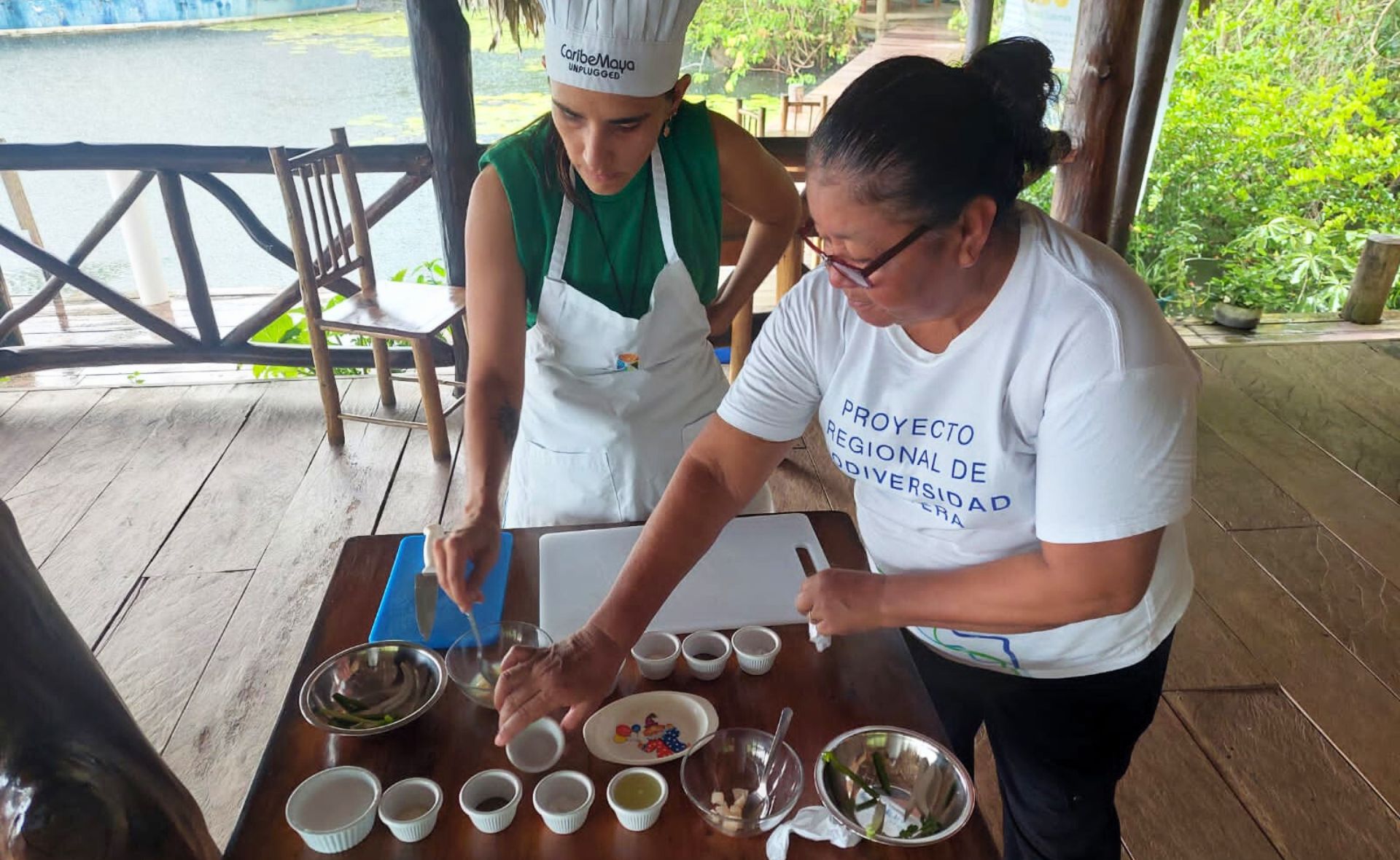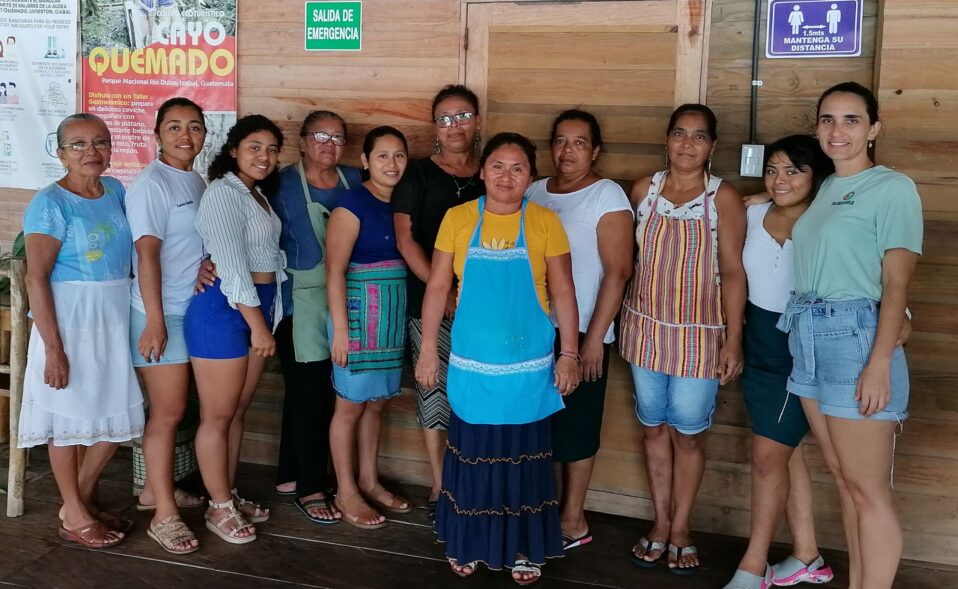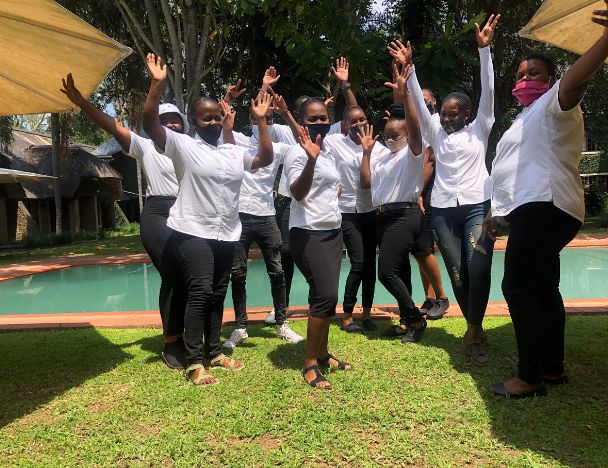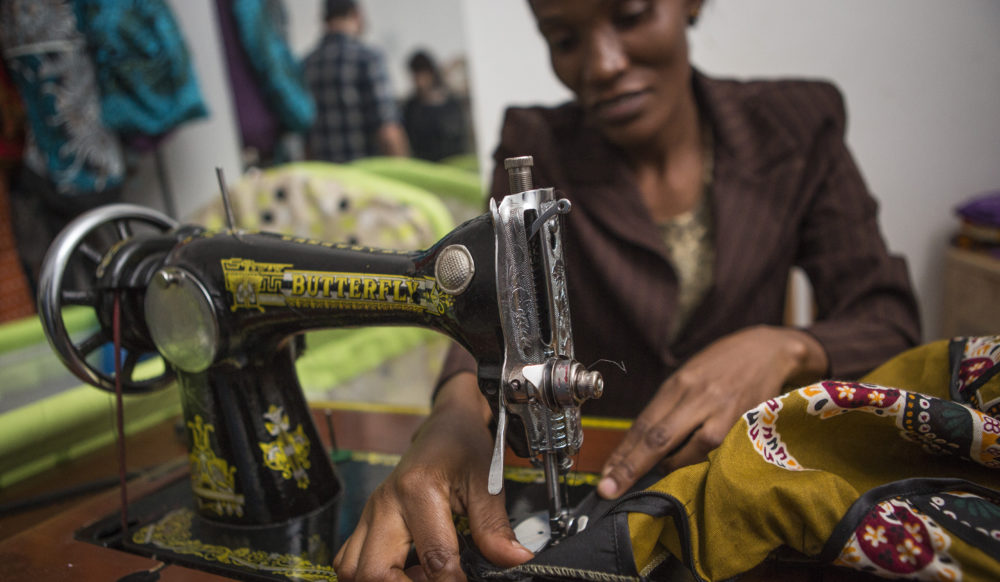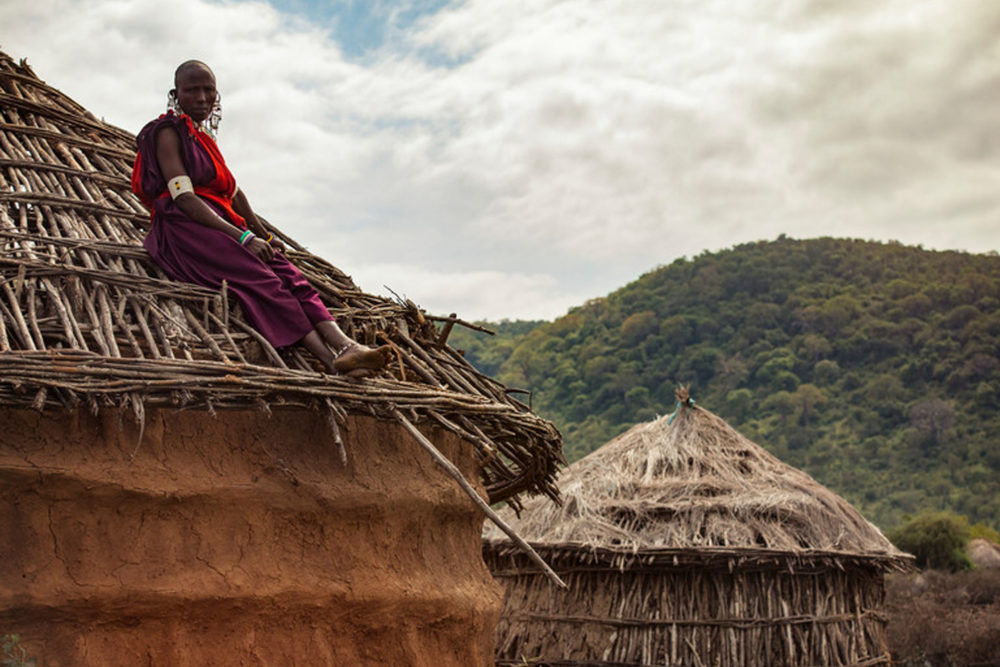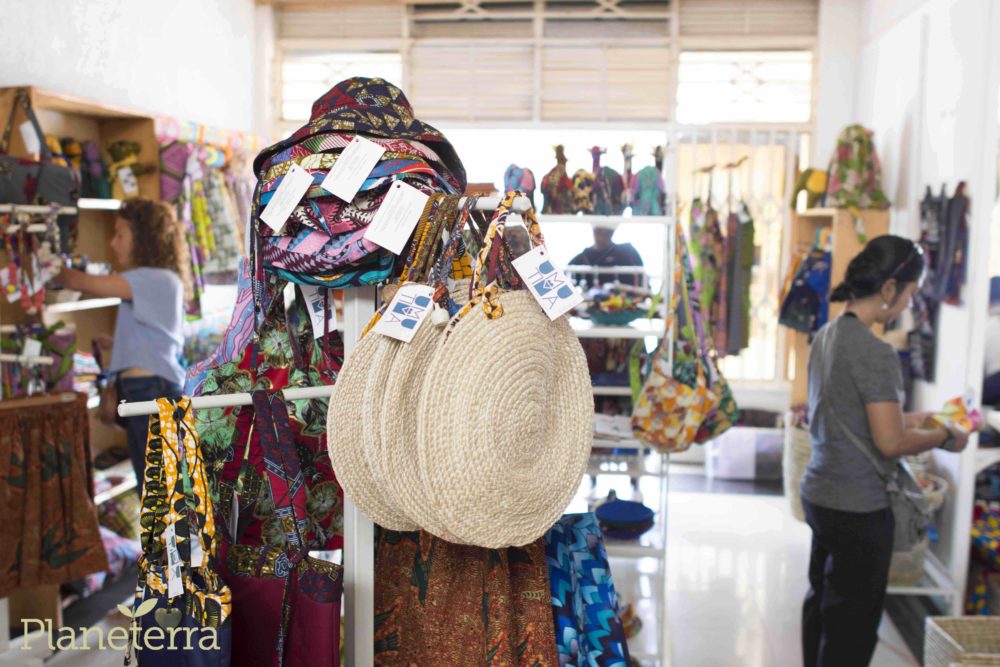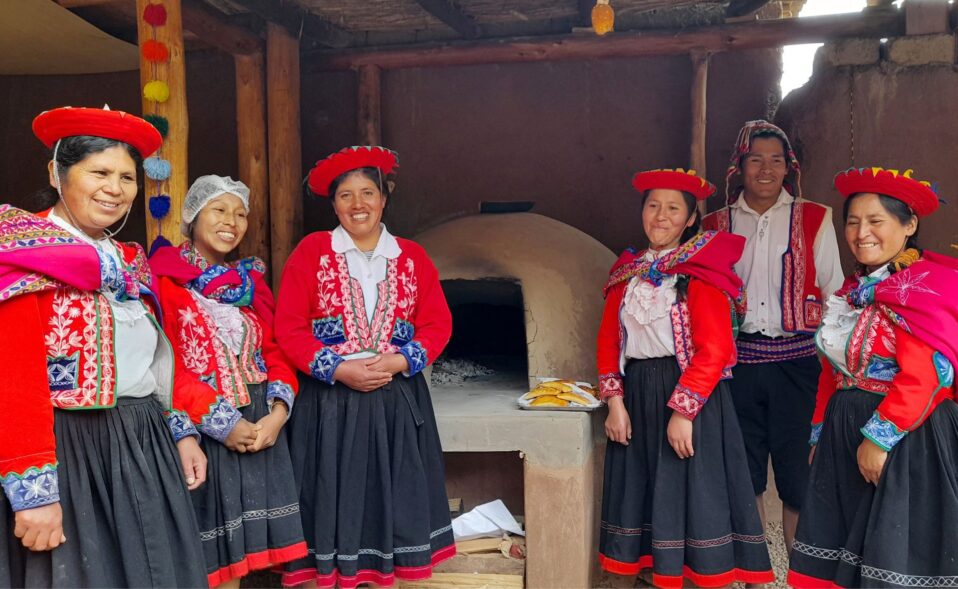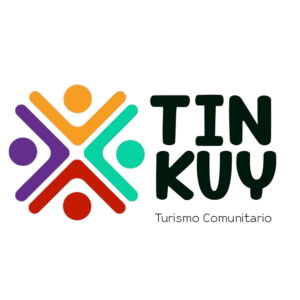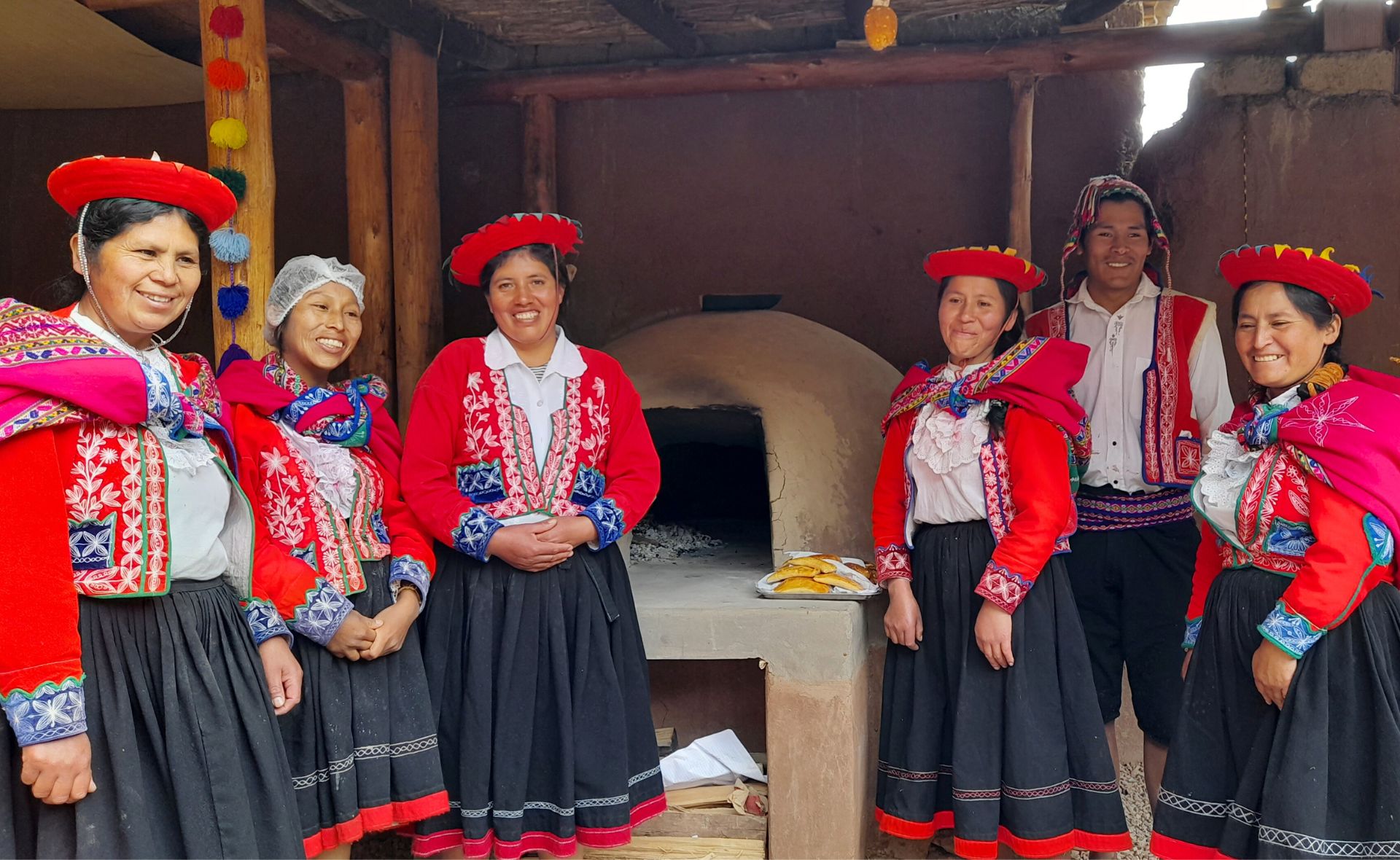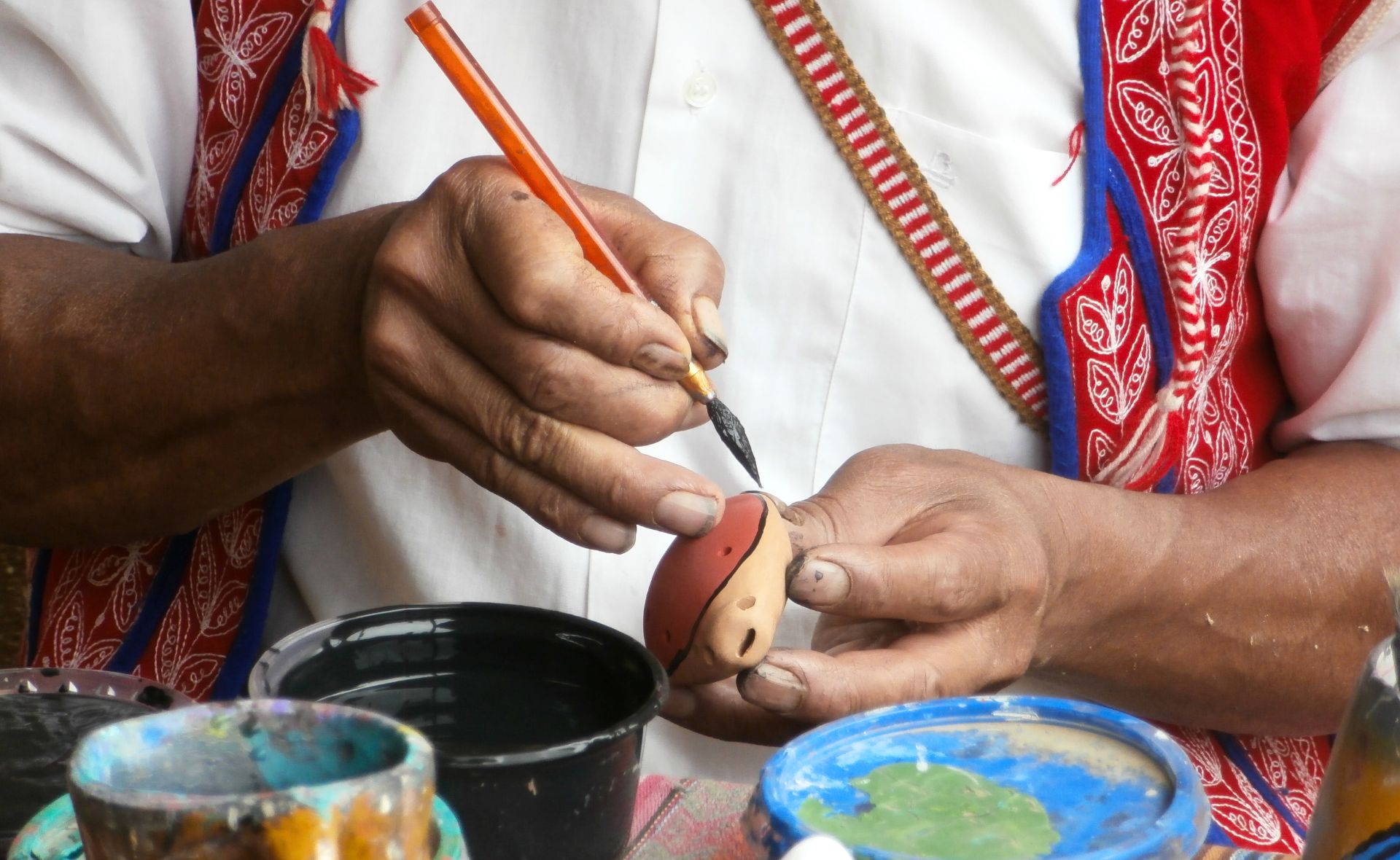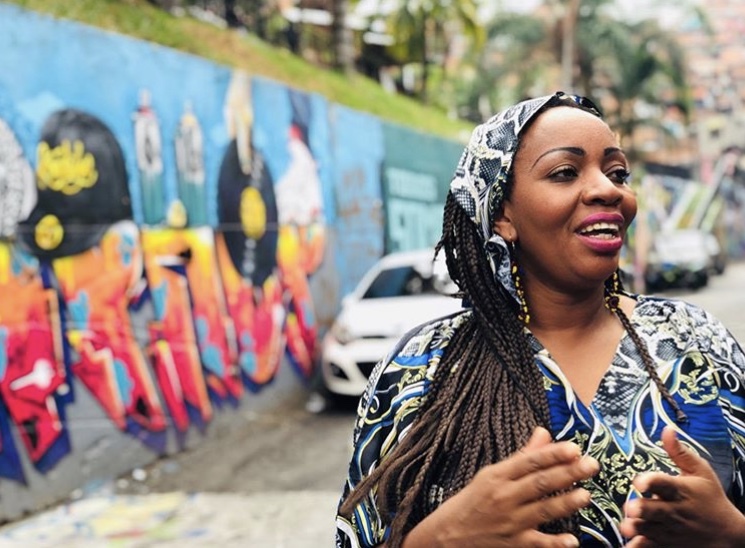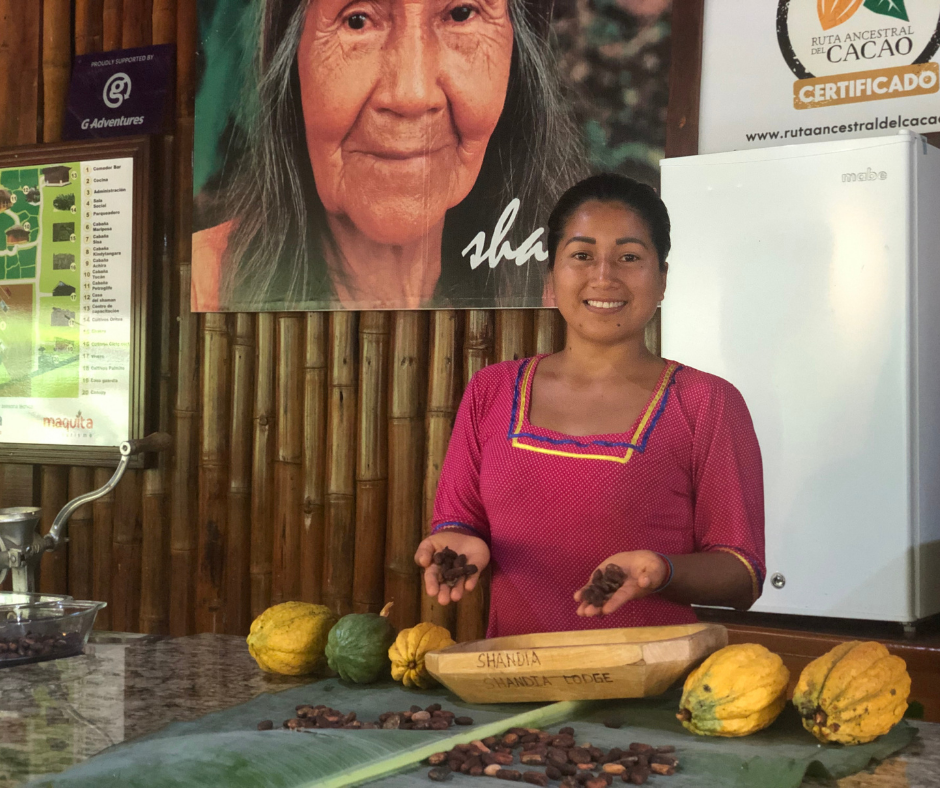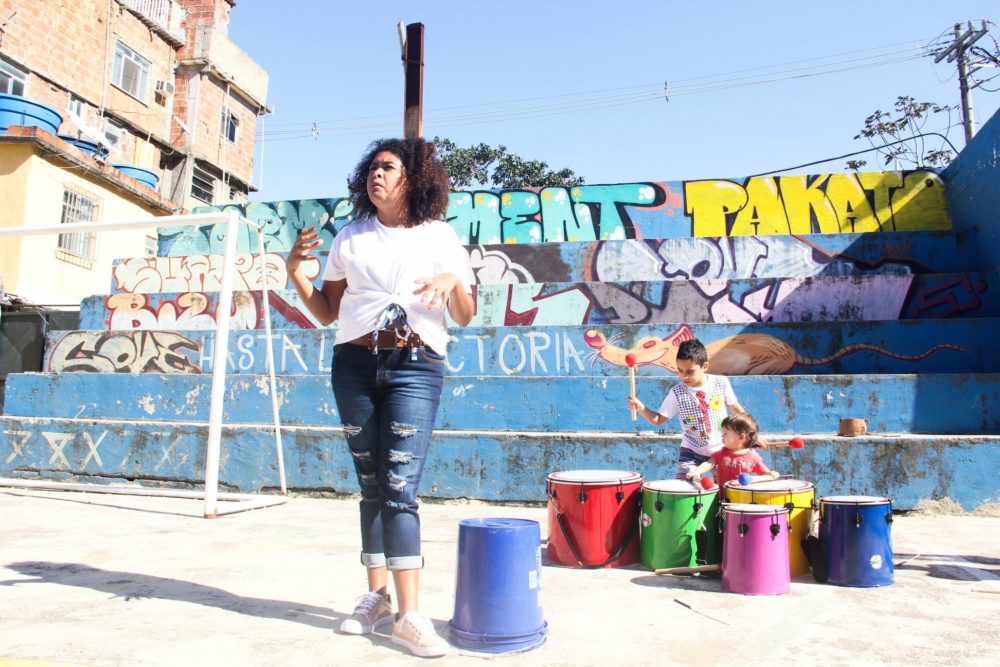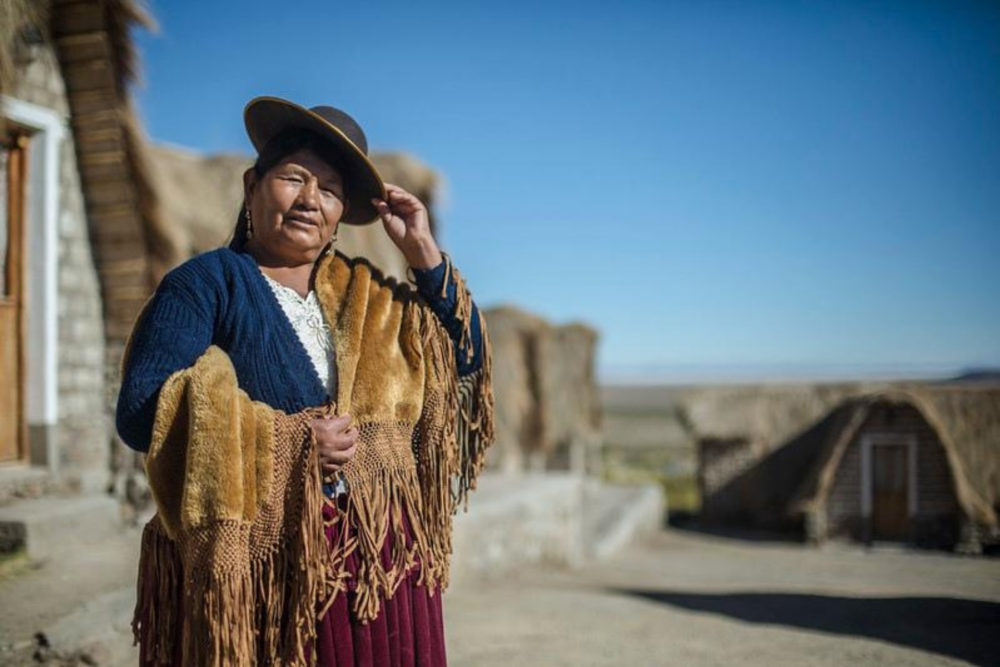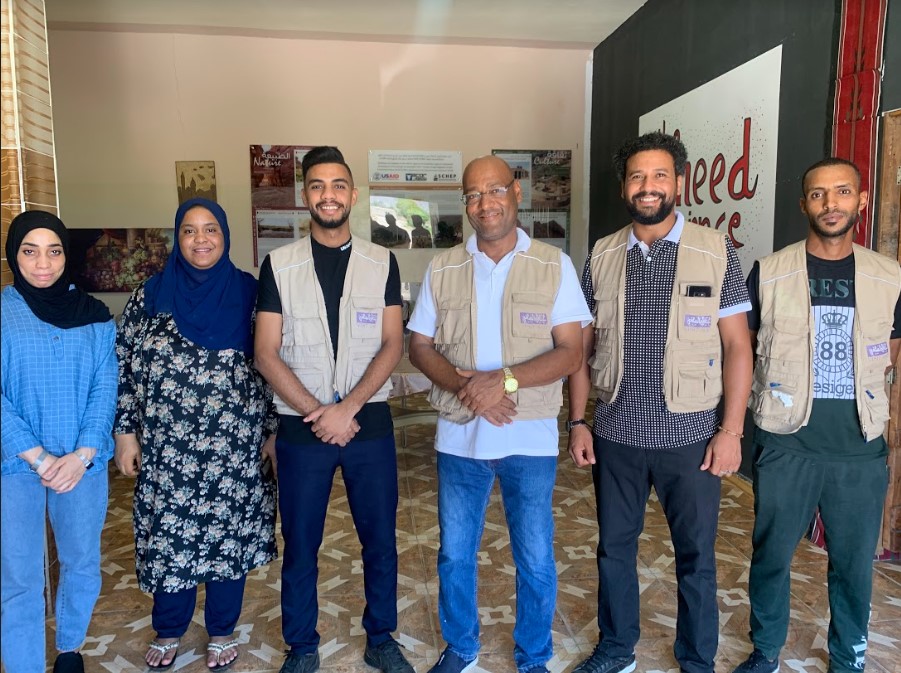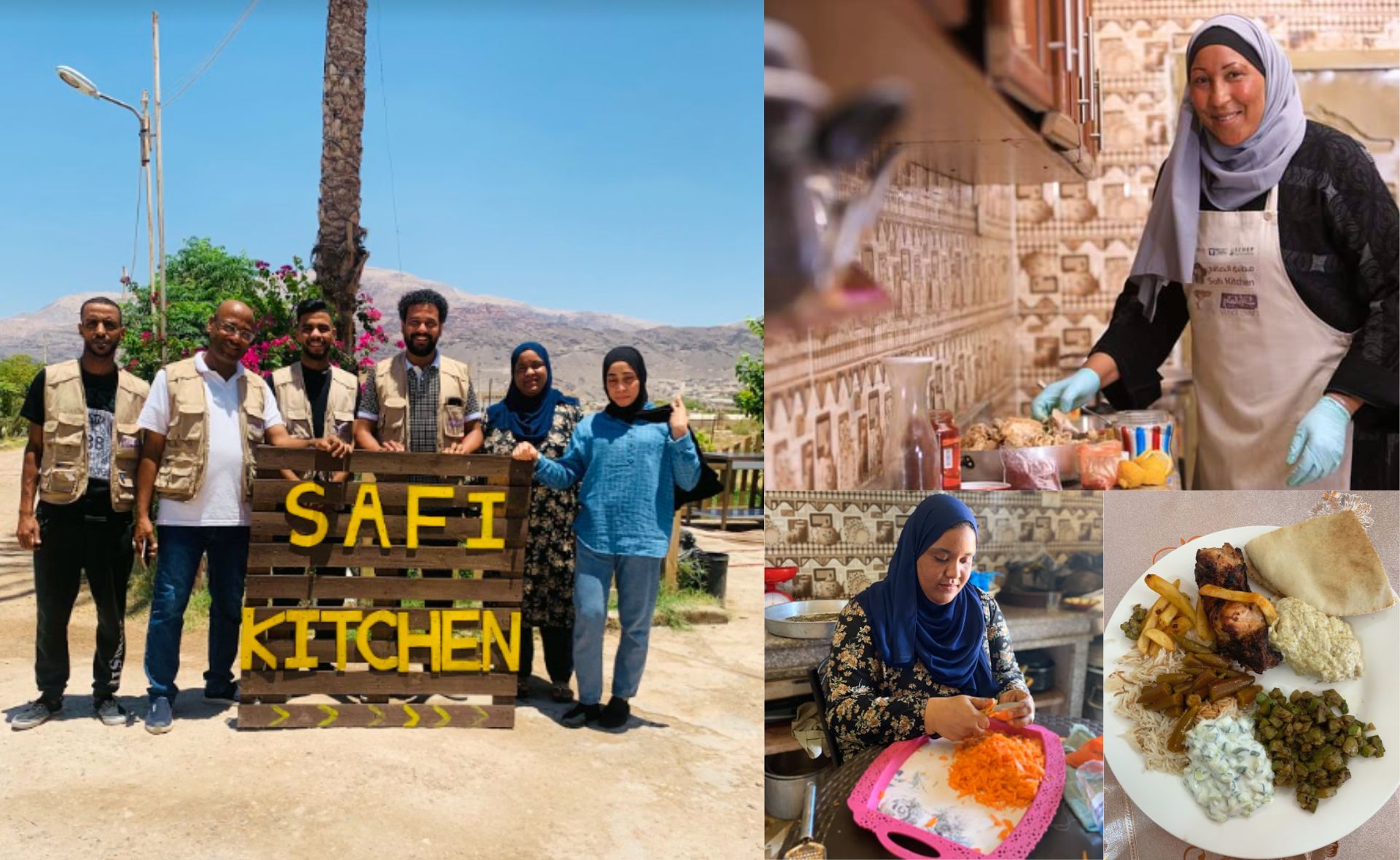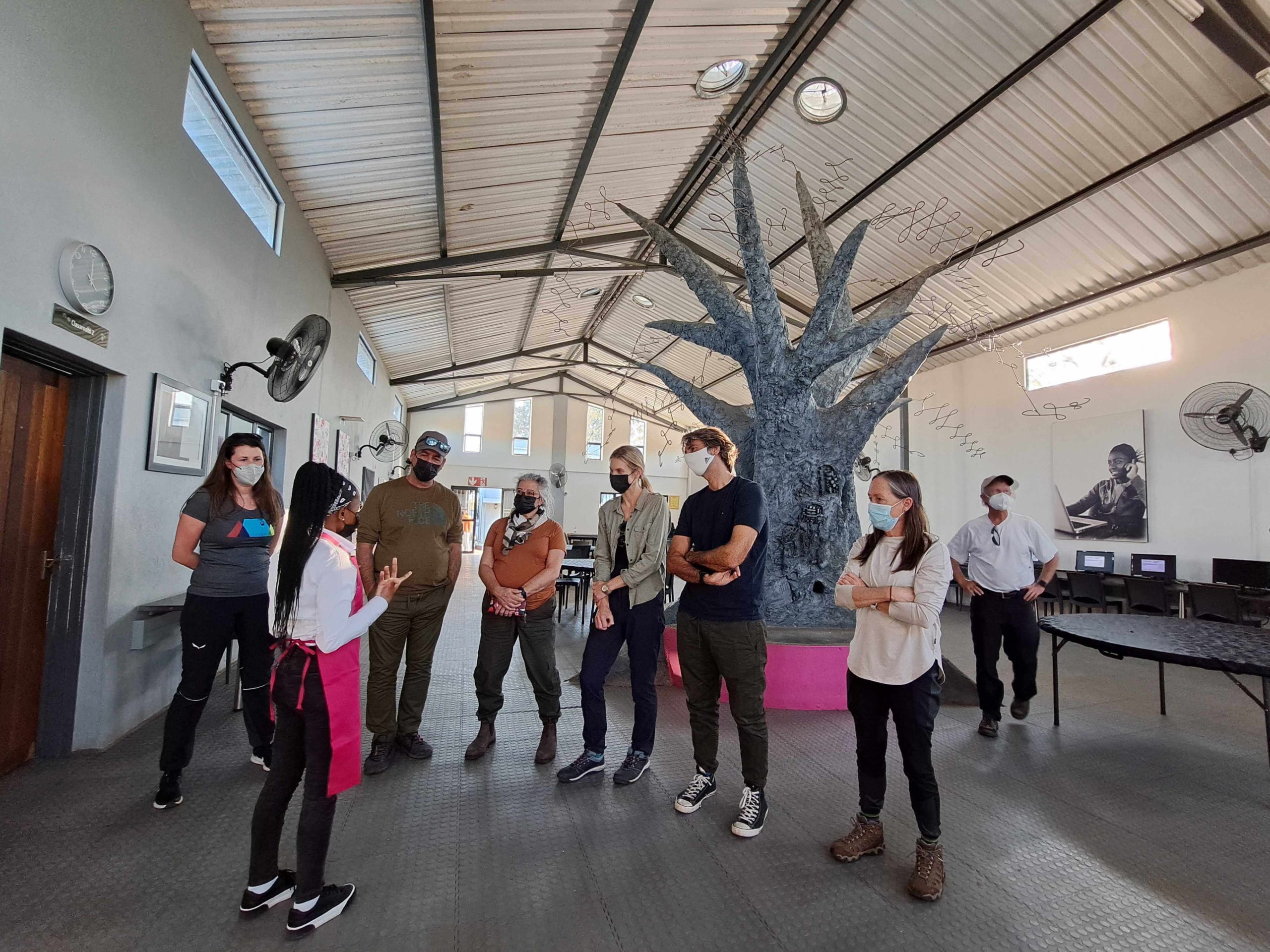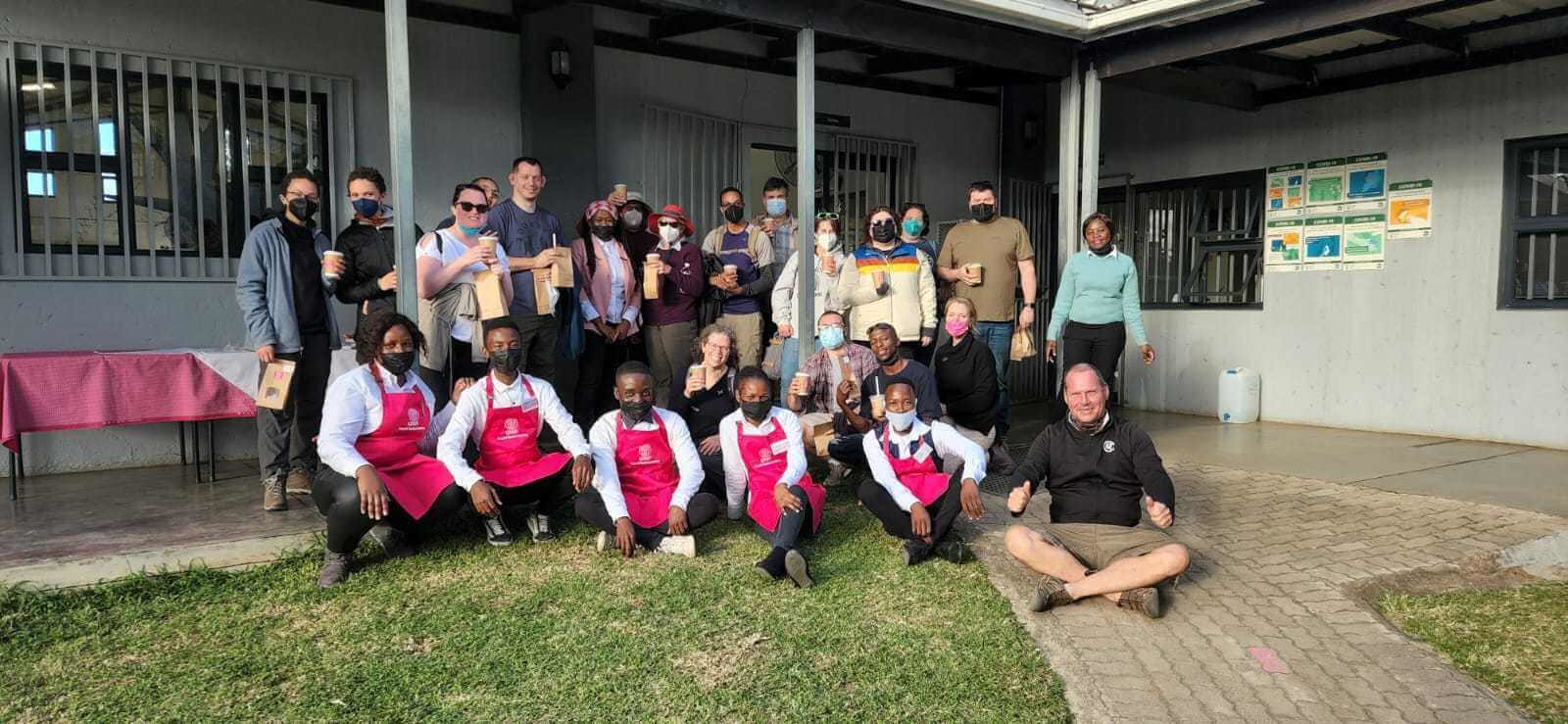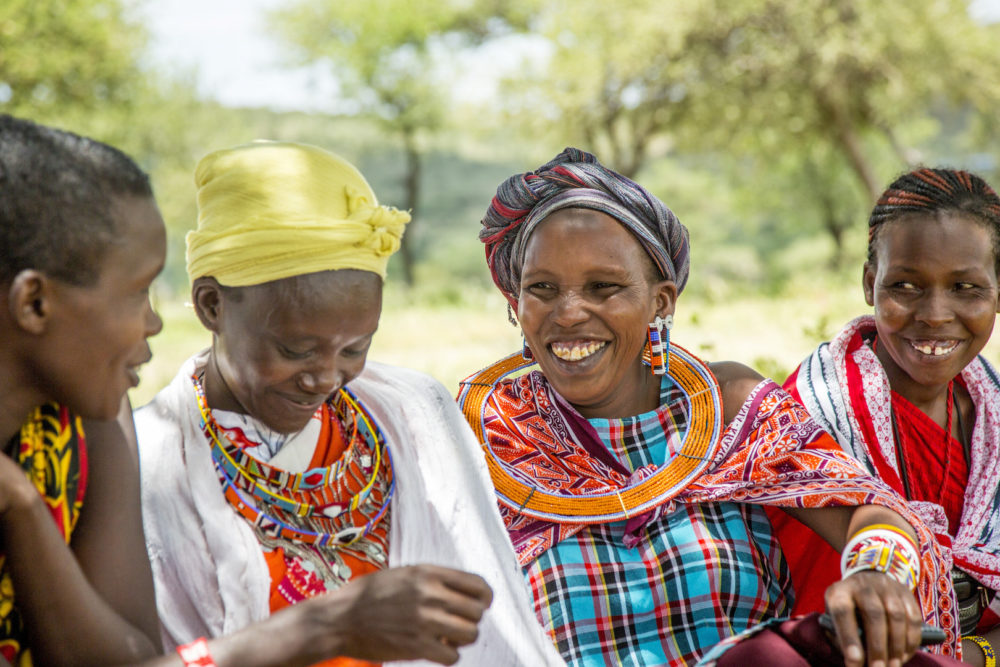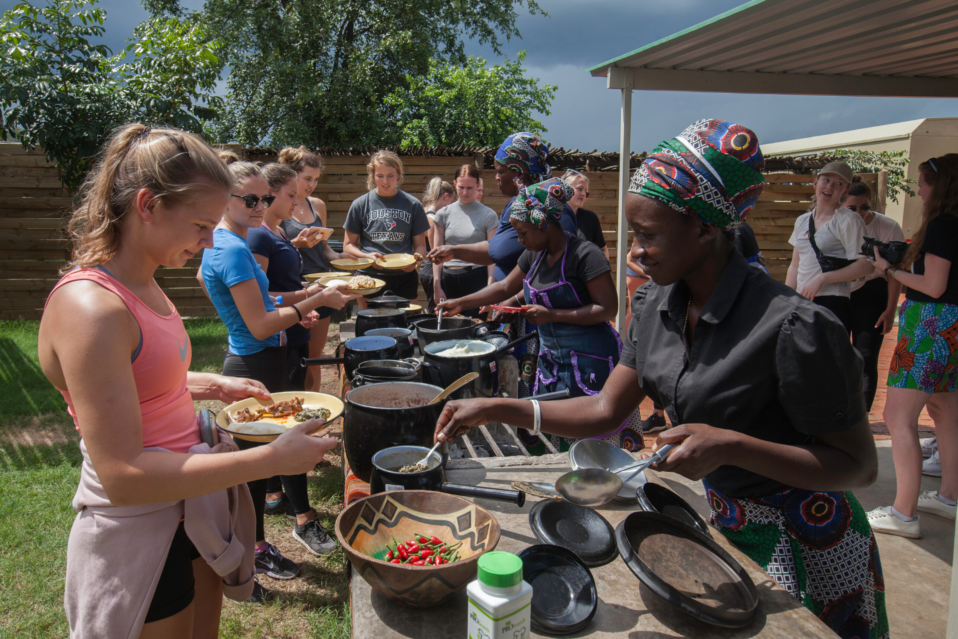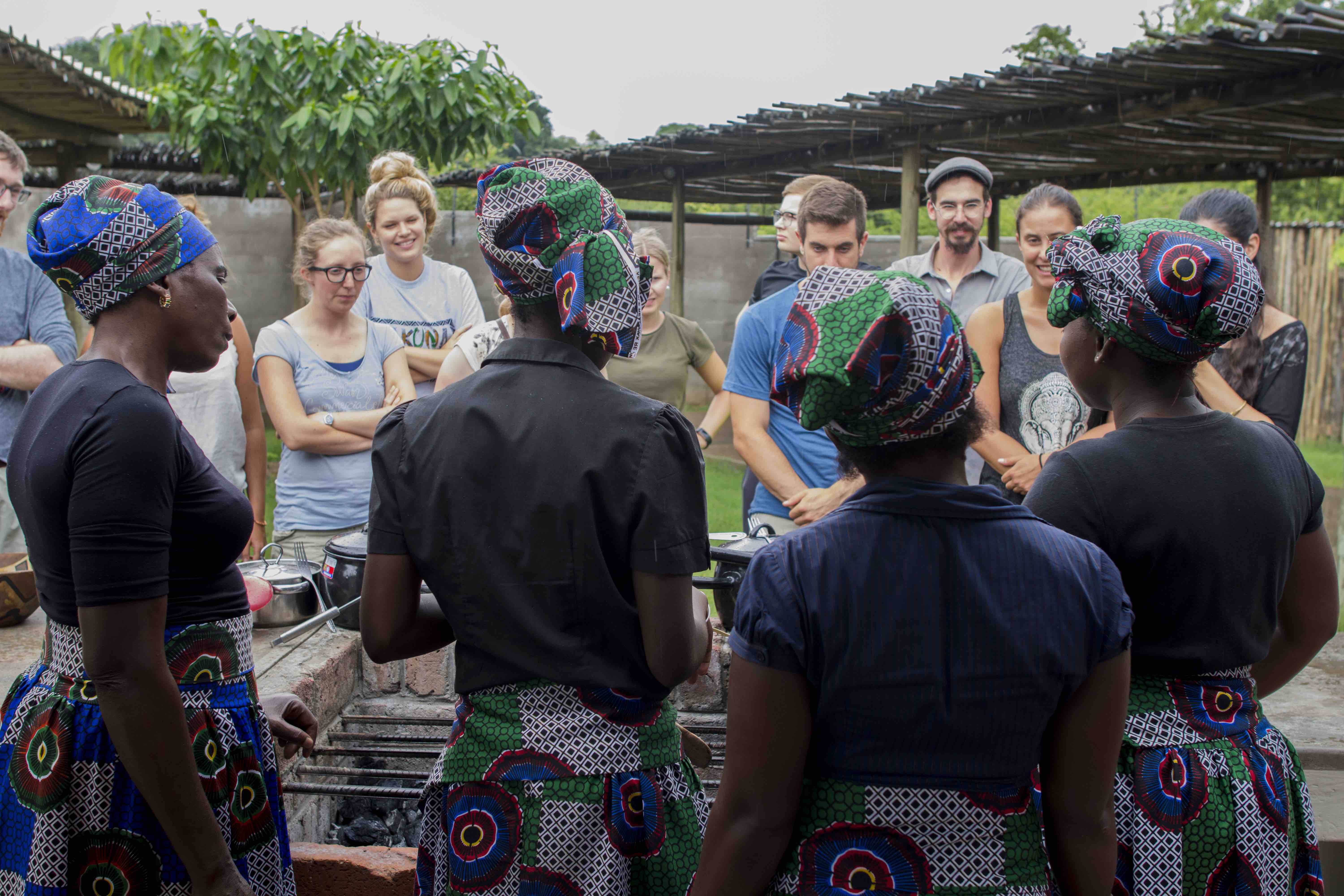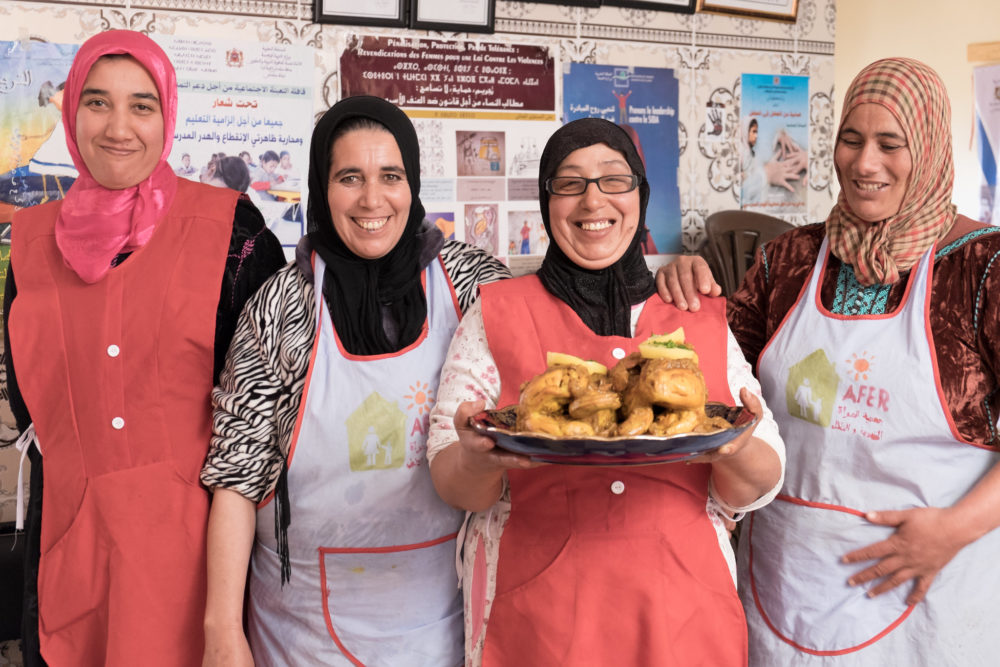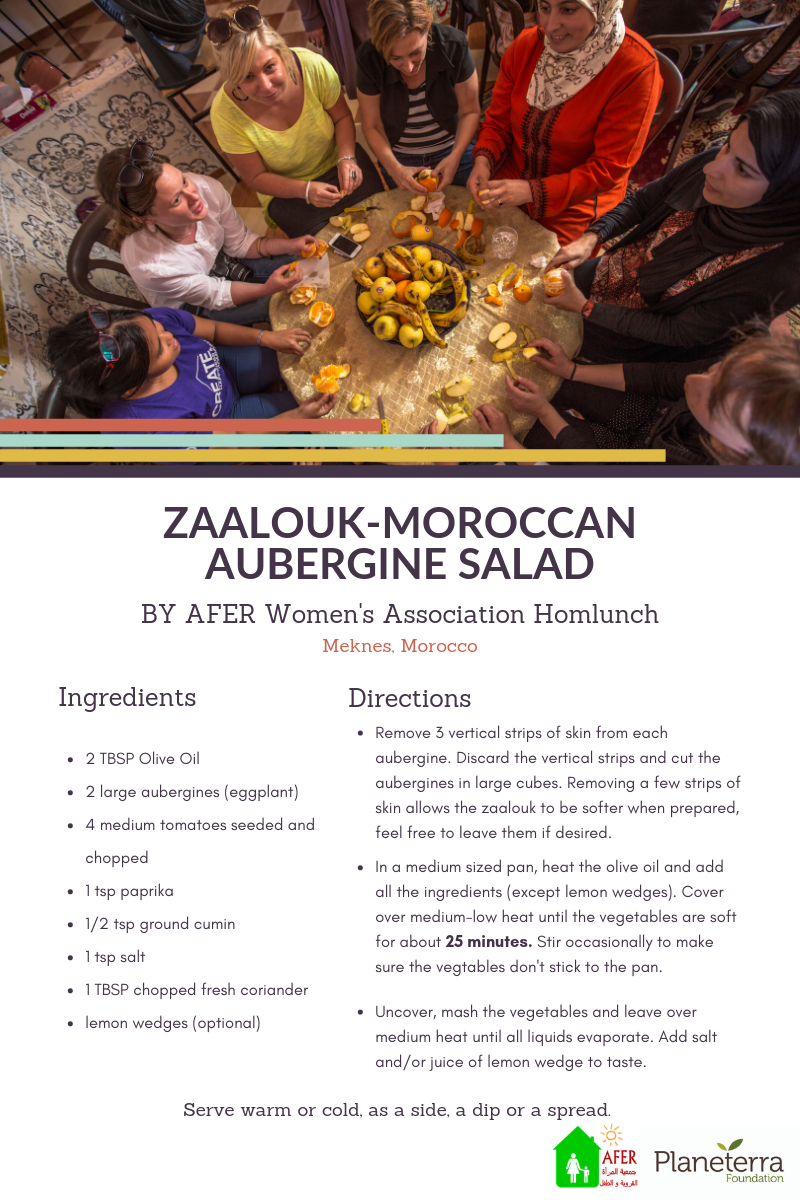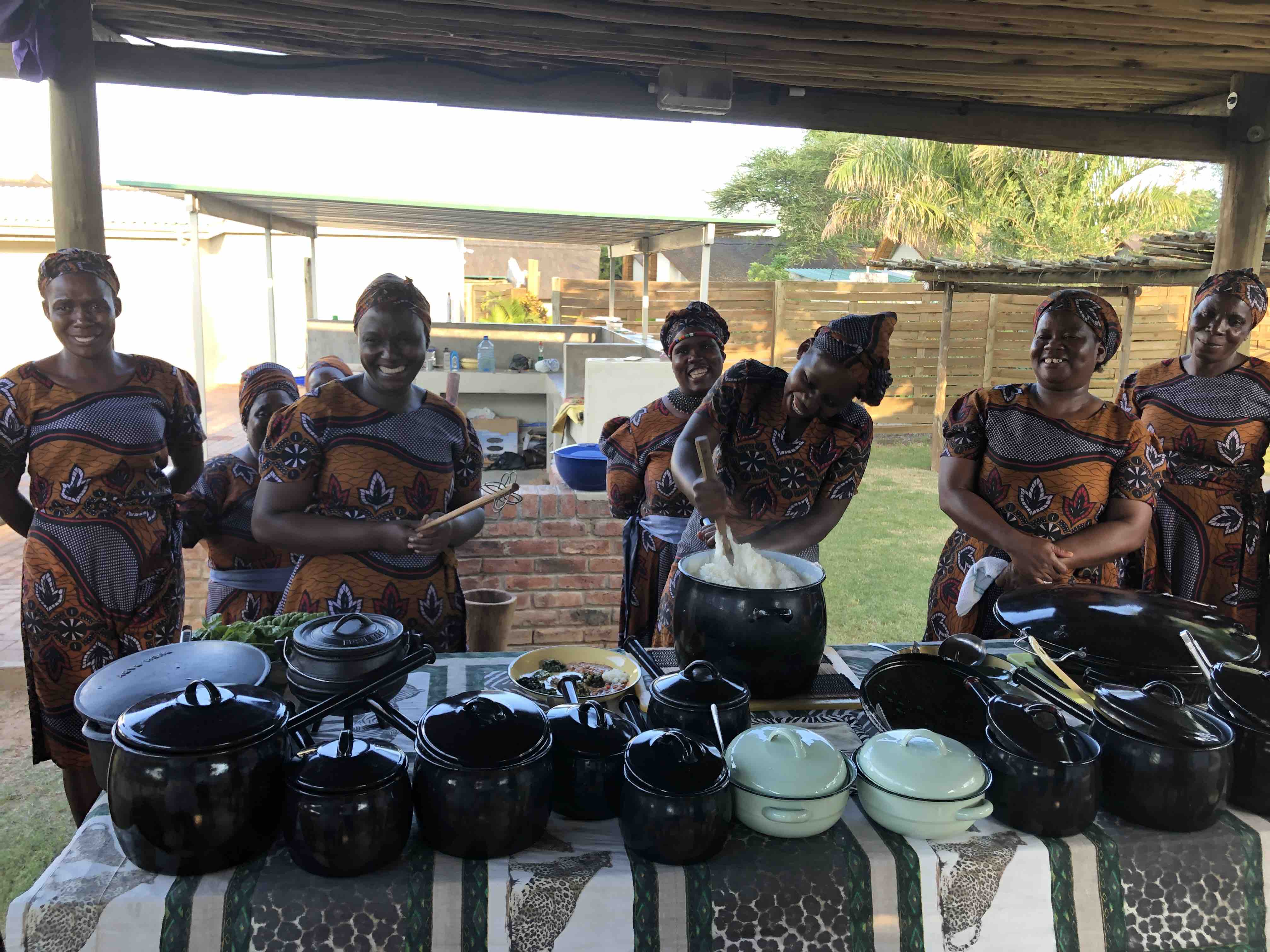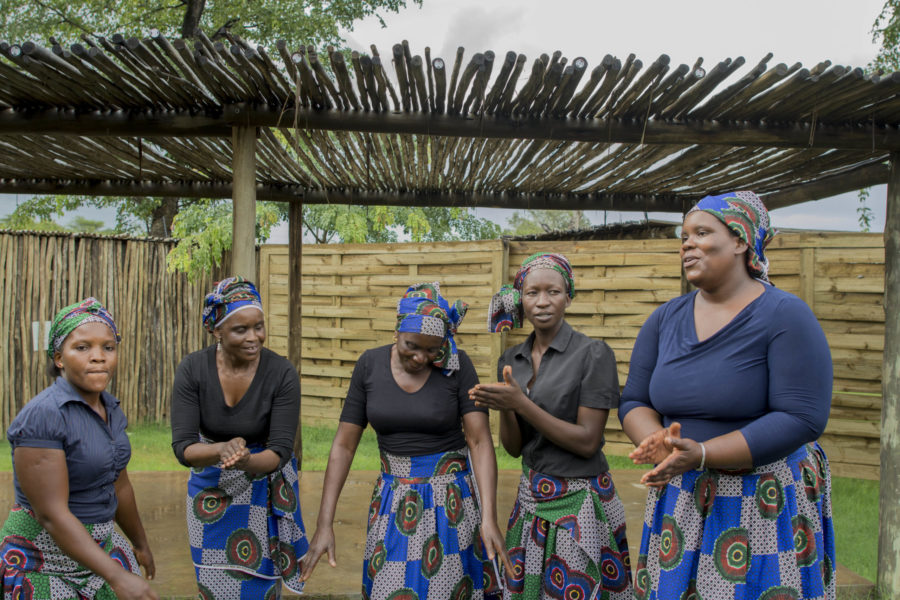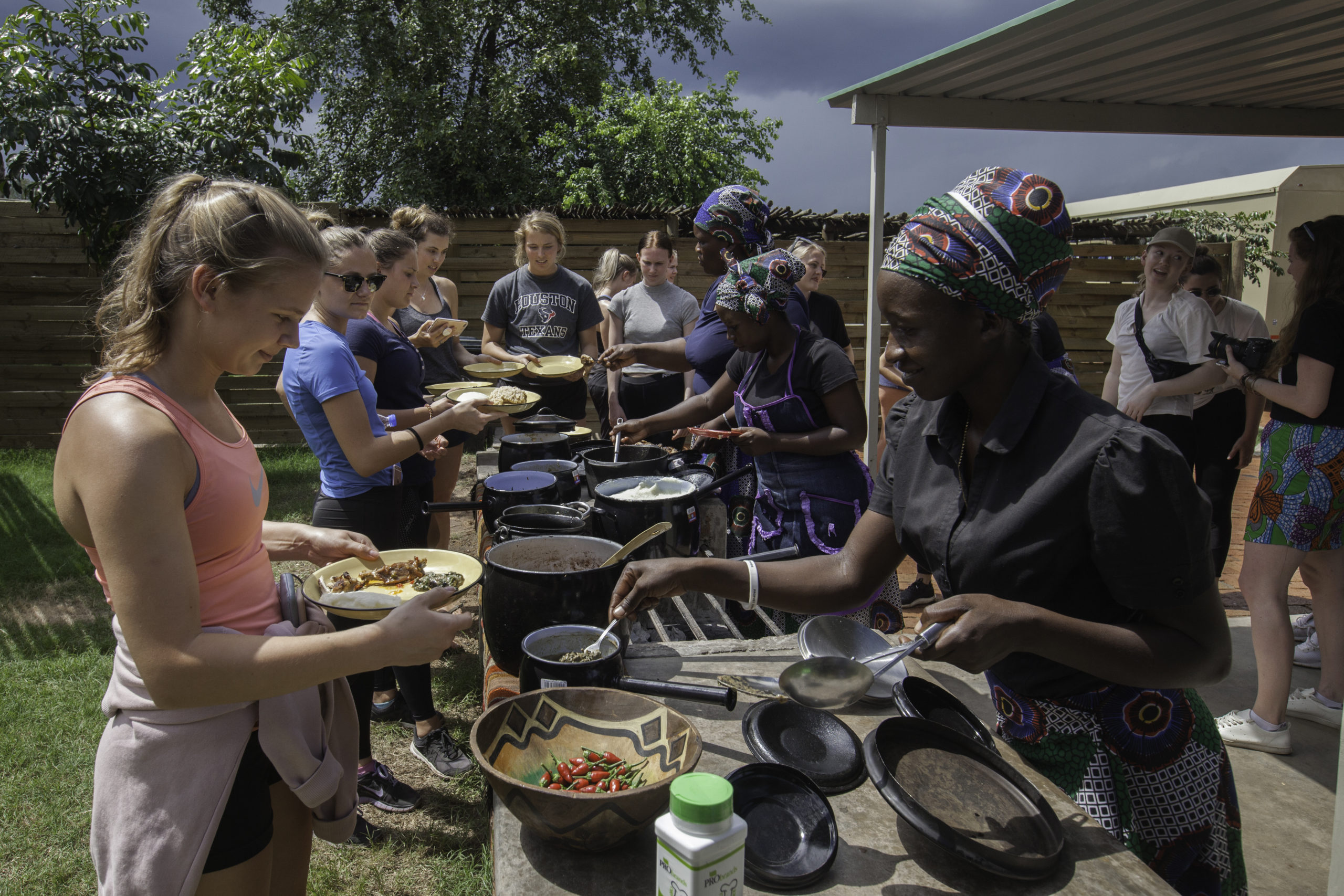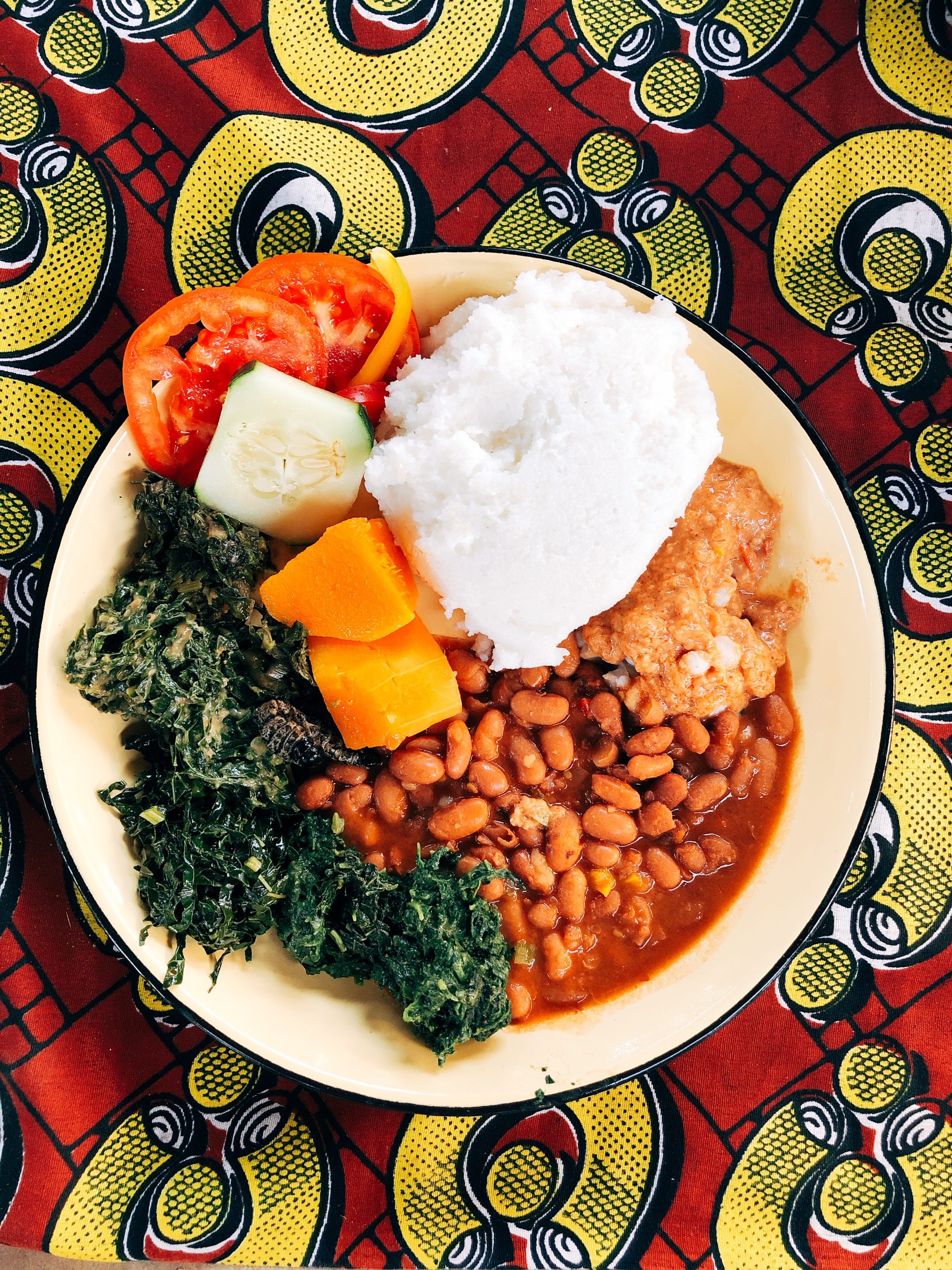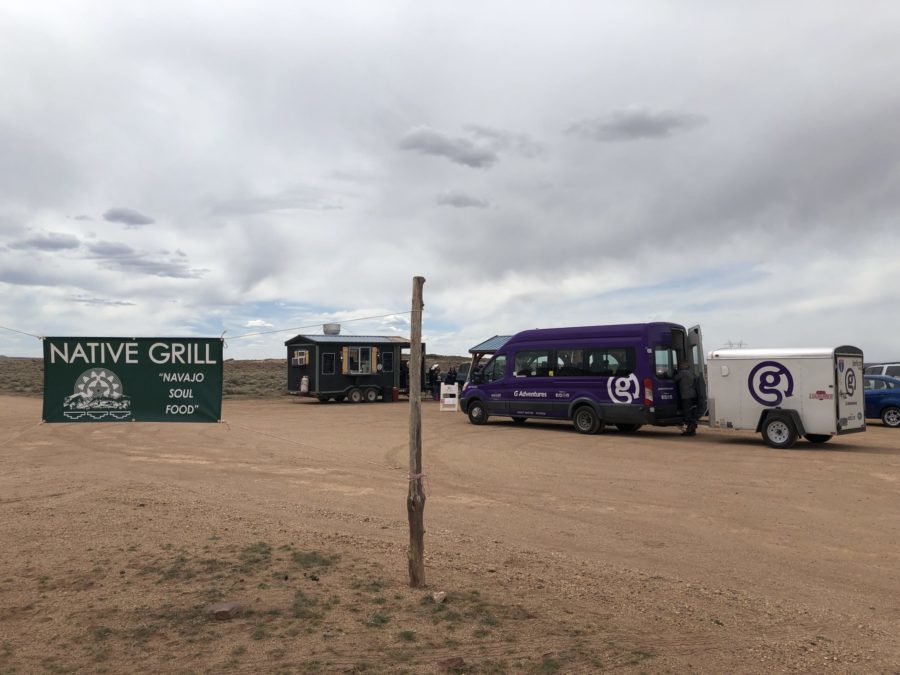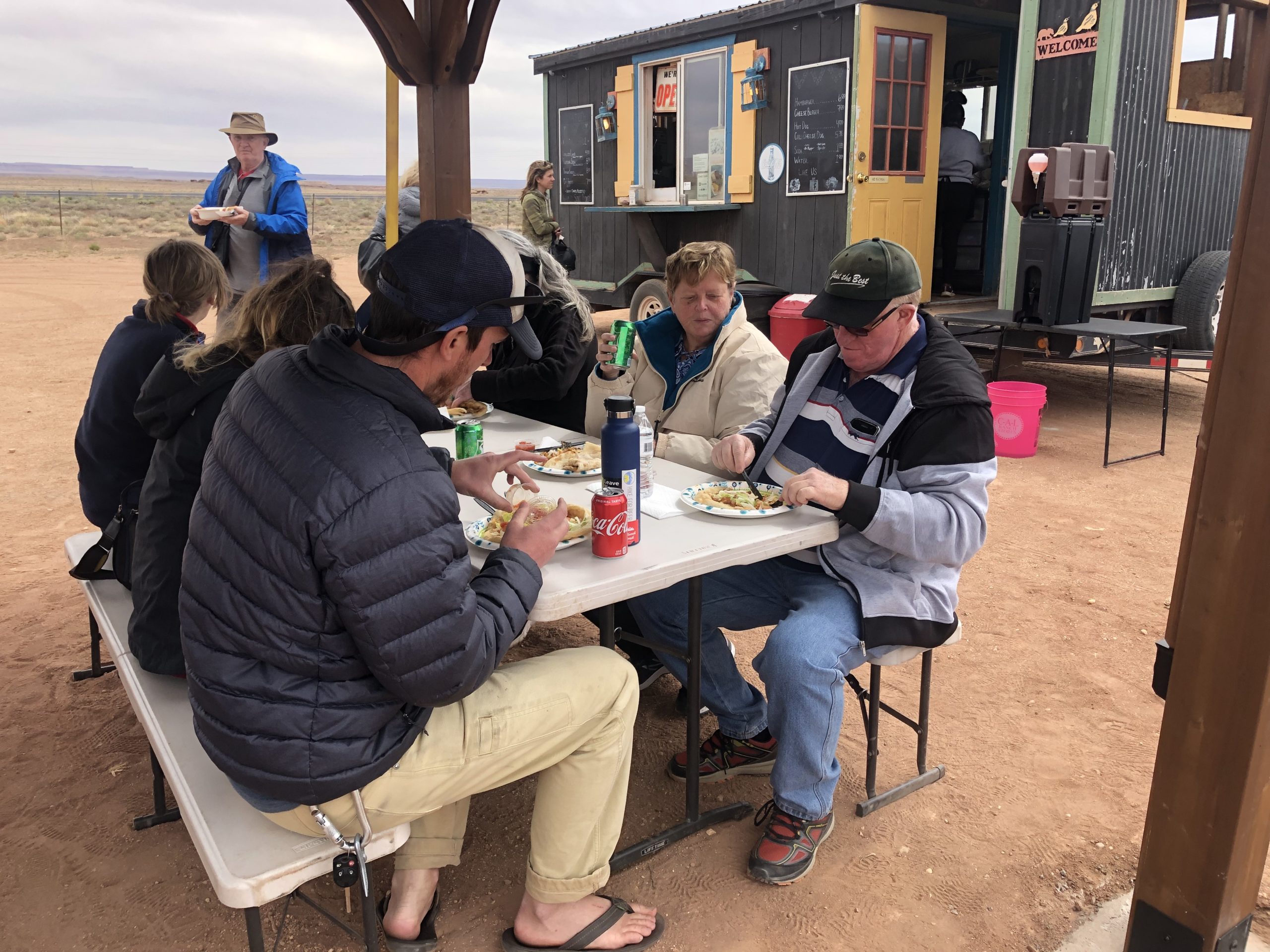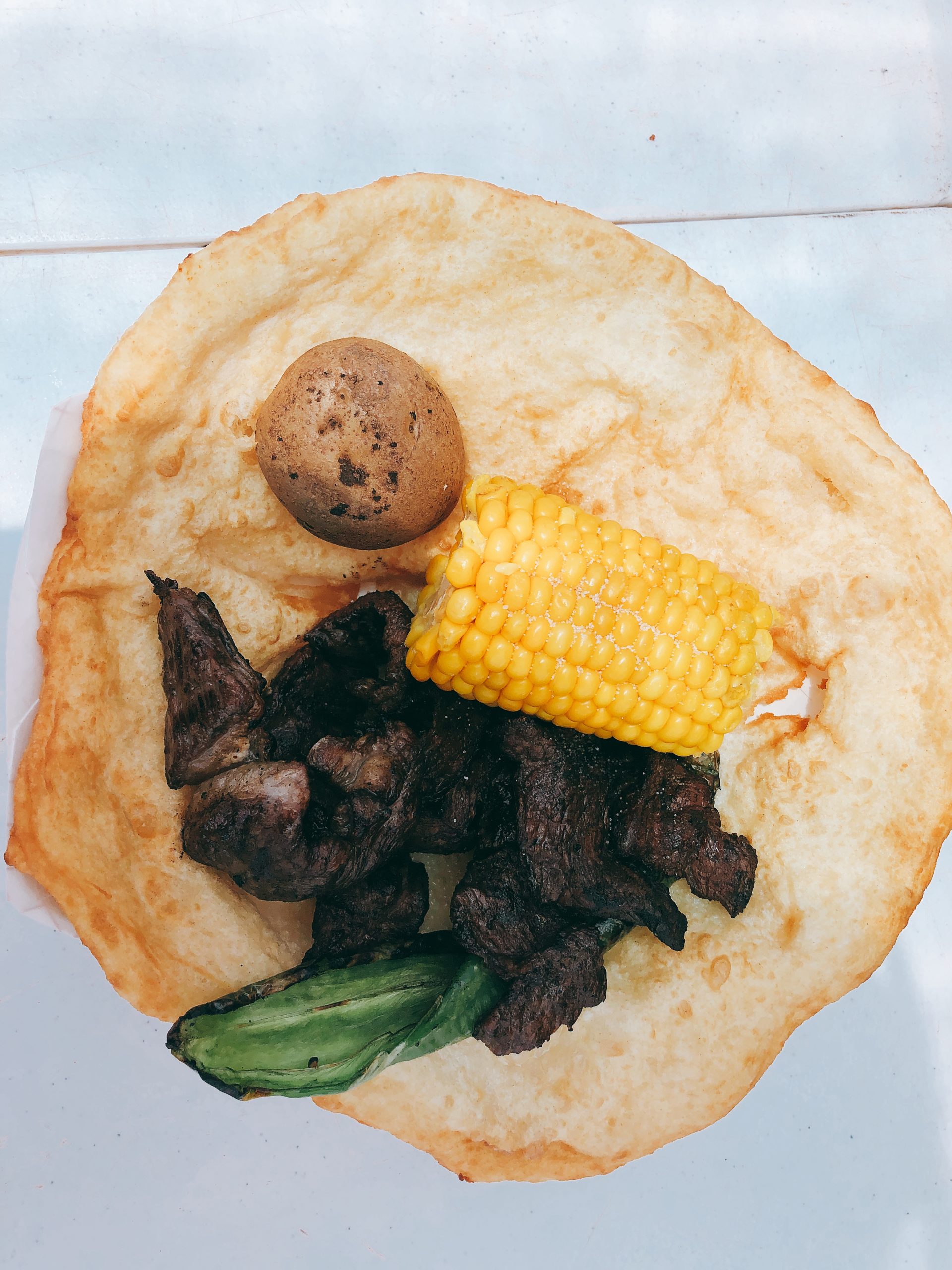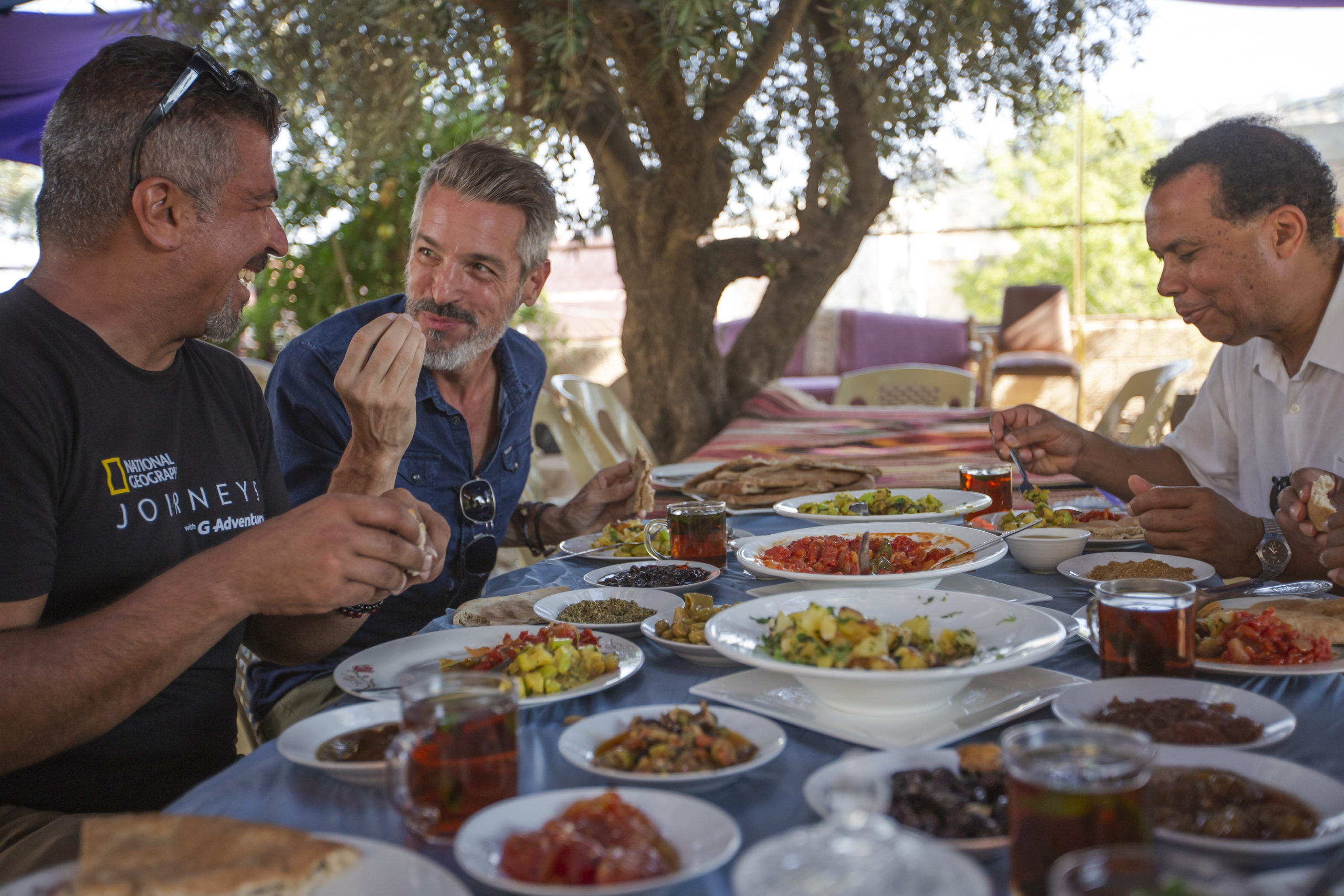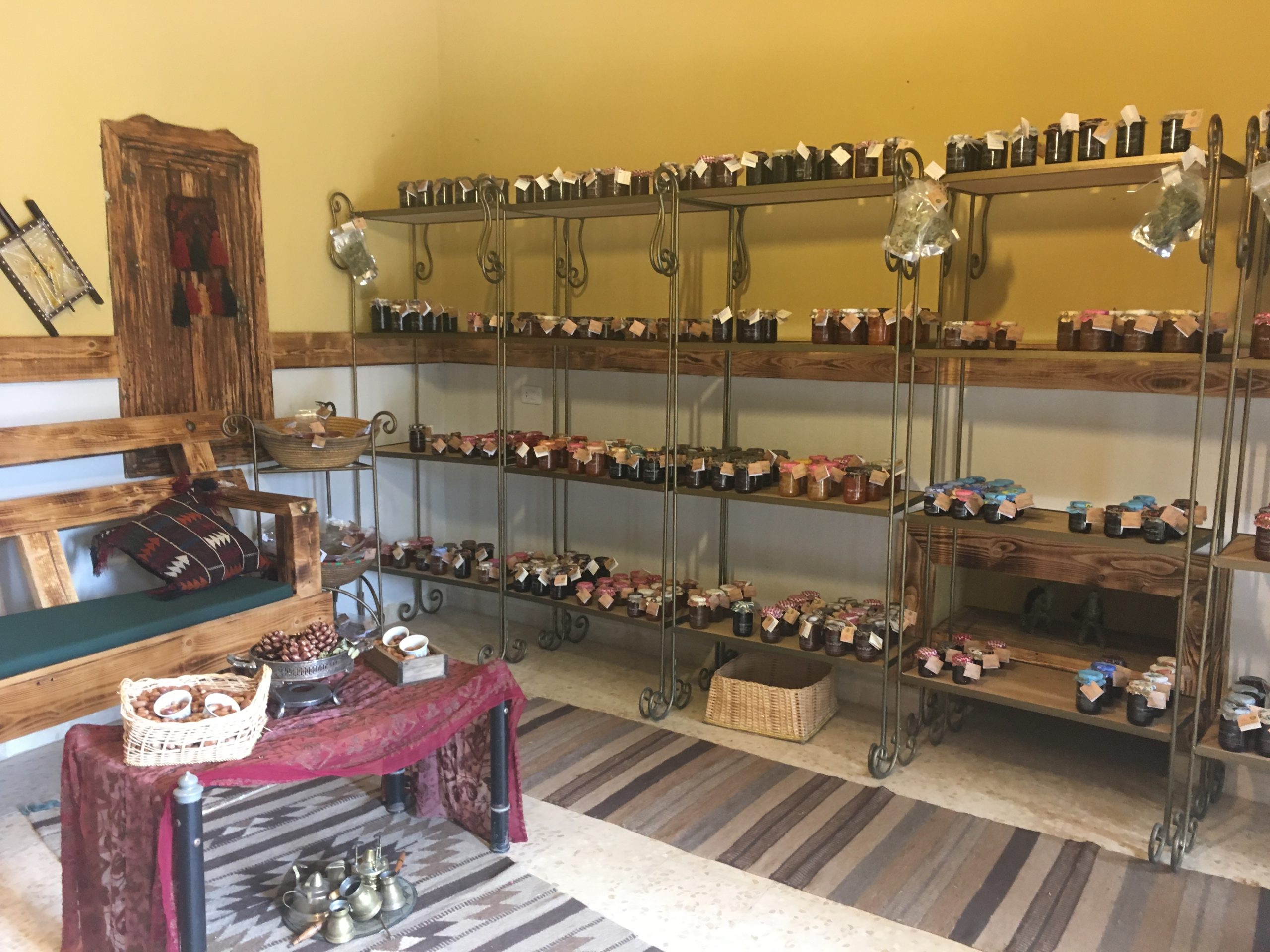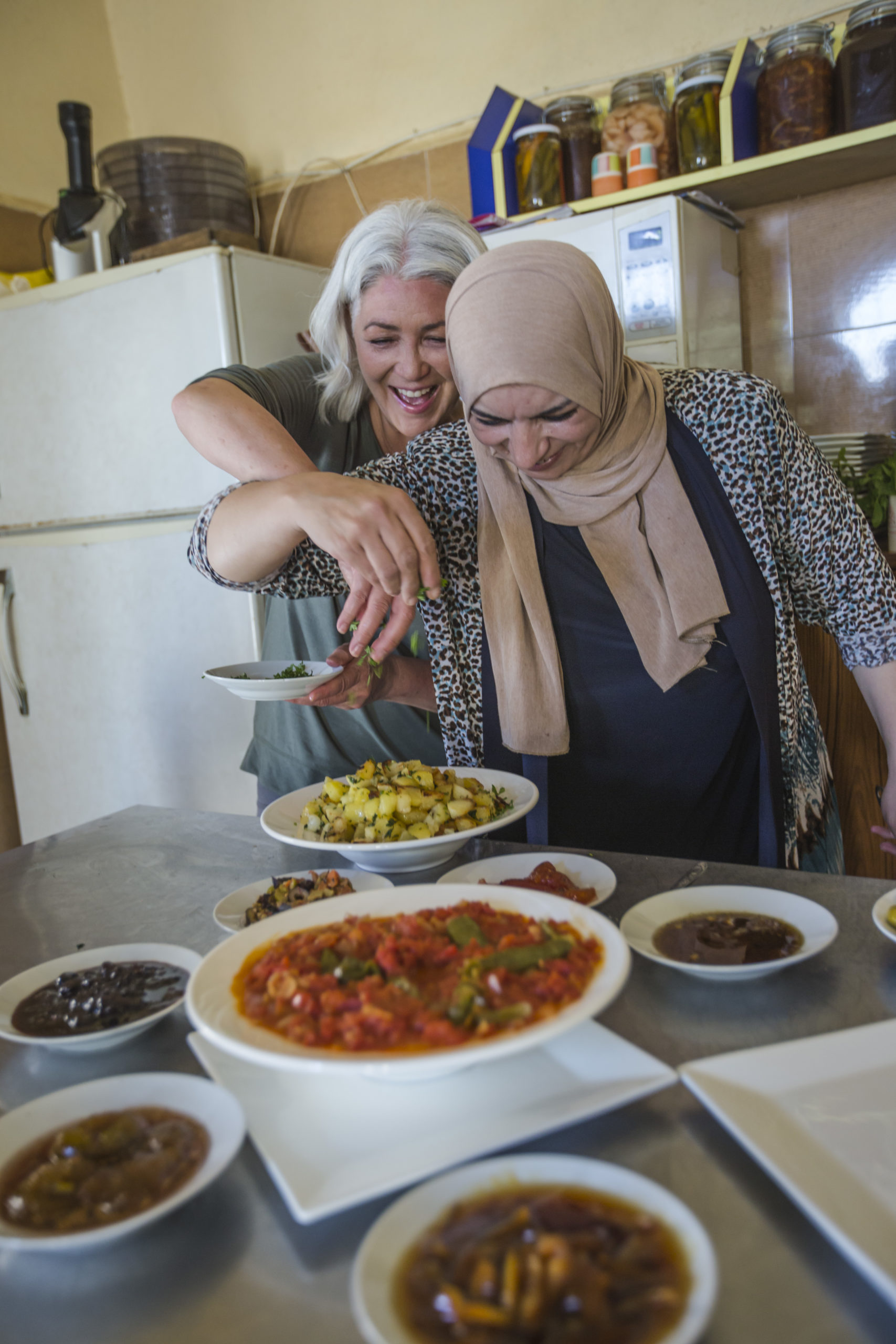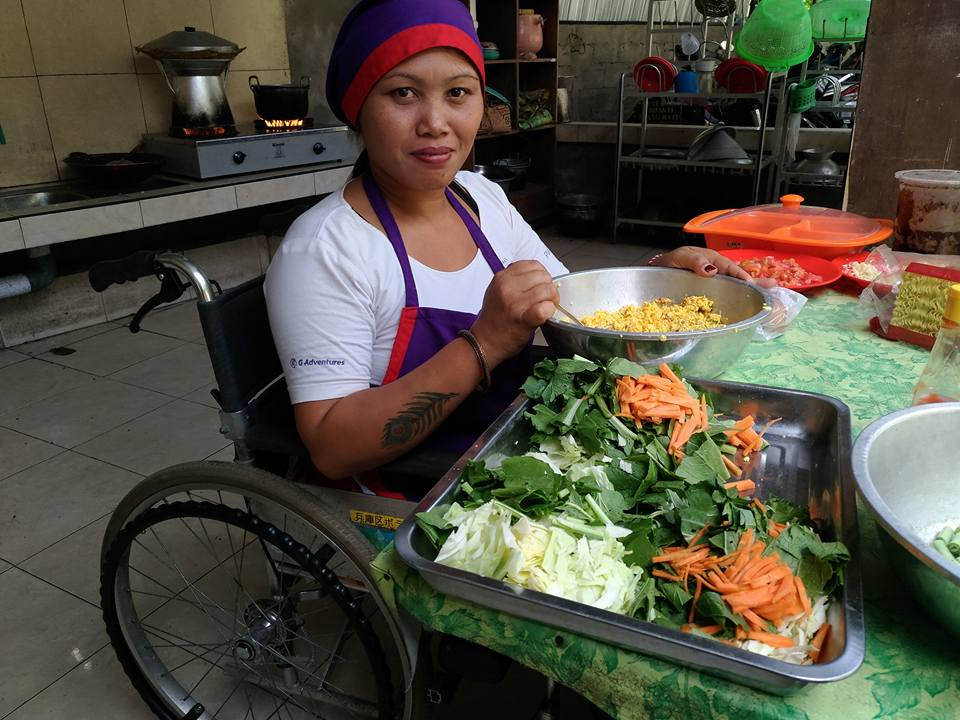Restaurante El Manglar
Impact
Restaurante El Manglar was founded by the Cayo Quemado Women’s Committee with the primary goal of creating new employment and training opportunities for the community.
One remarkable aspect of this Committee is its diversity, encompassing women from various age groups, bridging both older and younger generations. This highlights how the restaurant serves as a unifying force for women in Cayo Quemado, with a clear commitment to nurturing future generations.
Today, an increasing number of travelers to Río Dulce and Livingston include Cayo Quemado in their itineraries. This serves as a powerful testament to empowered women actively fostering economic sustainability within their community, and they are enthusiastic about passing down their knowledge to younger generations.

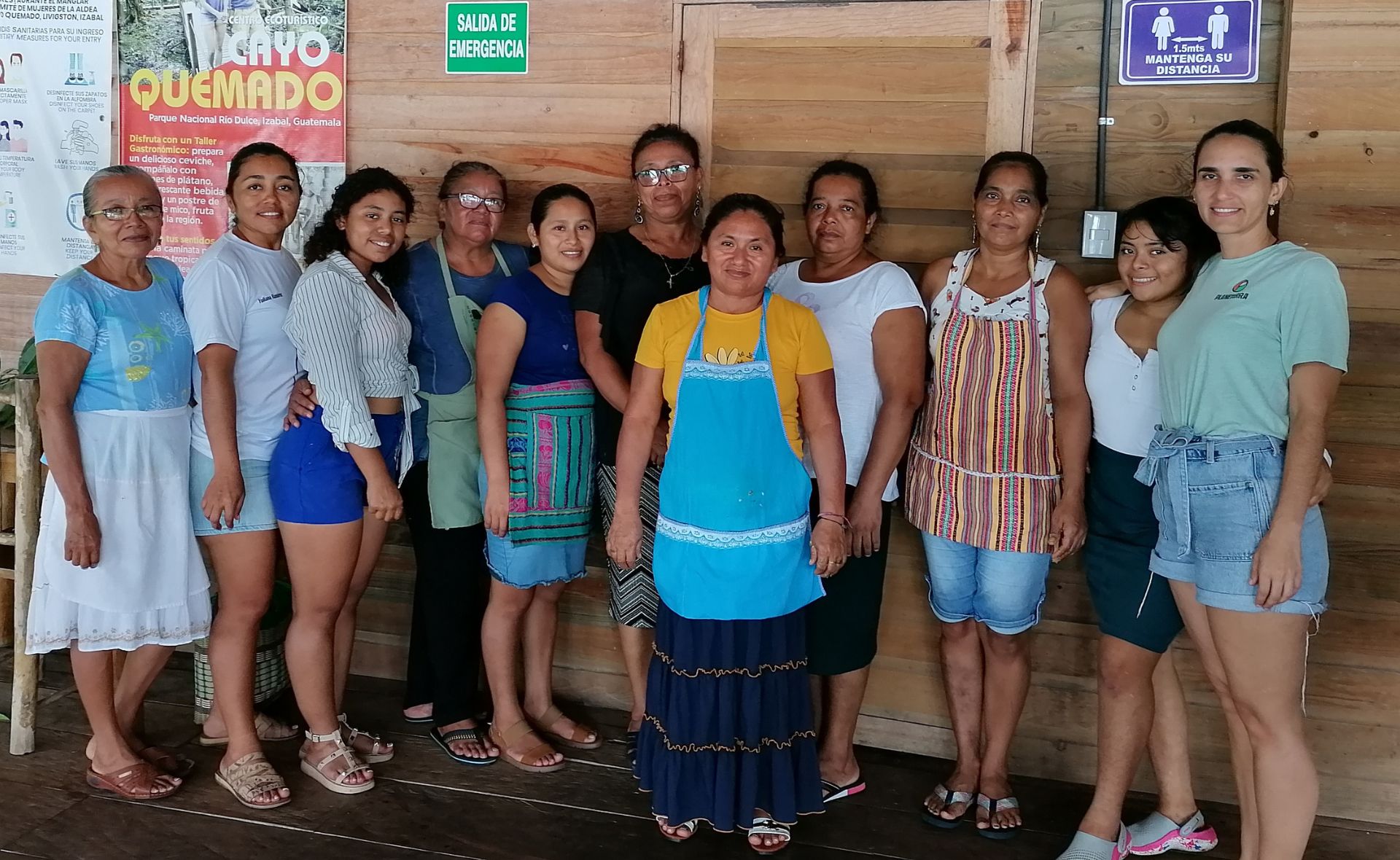
Critical Need
Keeping families together is crucial for all the hardworking women at Restaurante el Manglar. Historically, the community of Cayo Quemado faced a challenge as many residents were compelled to seek livelihoods elsewhere, resulting in family separations. Fishing used to be the primary means of earning a living here, but circumstances changed in 2004 when the government introduced new laws, including a fishing ban, which caused economic hardships. Consequently, they needed to explore new income-generating alternatives, such as engaging in tourism.
Our Involvement
With the support of Planeterra, a grant was provided to equip the kitchen and restaurant, enlarge the bathrooms, and improve the uniforms and signage.
Women and youth share the local culture by offering a “Caribbean Gastronomic Experience” with a workshop on a local dish called “Ceviche al Coco,” which is ceviche marinated with coconut milk. At the same time, travelers learn more about the amazing work that the committee is doing in Cayo Quemado. New connections to the market are crucial for the sustainability of the business and its ripple effects.
Planeterra provides ongoing training and support to the team on experience development and business administration to promote the development of a newly profitable enterprise.
